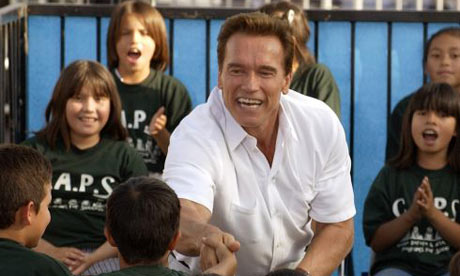 How often do you look for themes when you're reading stories? Or watching movies? Not very often, I'll bet, unless advanced studies in literature permanently warped your ability to enjoy a story. I was already an avid reader before I got a degree in languages and literature (which I enjoyed immensely, I might add) so I never lost the ability to just roll around in a story for the sheer joy of it.
How often do you look for themes when you're reading stories? Or watching movies? Not very often, I'll bet, unless advanced studies in literature permanently warped your ability to enjoy a story. I was already an avid reader before I got a degree in languages and literature (which I enjoyed immensely, I might add) so I never lost the ability to just roll around in a story for the sheer joy of it.But one thing they were right about in those classes, every story around is just reeking with themes.
"What is a theme?" you might ask. (One thing I love about readers of this blog is that they always ask the right questions at the right time.)
The theme is the other answer to "what is the story about?"
Last night we sat and watched Back to the Future yet again and I suddenly was struck by it.
"This isn't a movie about time travel," I said to my long-suffering husband, "this is a movie about learning to have self-confidence." All I had to do was say it. It was like waving a magic wand. Self-confidence issues suddenly sprang up all over the movie like dandelions in spring. Both Marty and George had fears of being rejected, fears they expressed in identical language, in case you were tempted to miss it. Doc Brown gains the confidence necessary to push his research to a successful conclusion by the revelations of a visitor from the future. When George McFly reaches deep within himself to find a courage he didn't know he had, his whole future changes. The bad-guy vice-principal is a bad guy because he specializes in destroying self-confidence.
See what I mean about stories reeking with theme? Did the writers of the script sit down and say "Let's do a movie about finding self-confidence"? I sincerely doubt it. But it was obviously something that mattered to them a great deal, because it was everywhere in the story.
 The Incredibles is, on the face of it, a story about super-heroes. But it's also a movie about finding your place in the world. The list of characters struggling with this issue comprises most of the main characters: everyone in the Incredible family (excepting the baby), the villain, the father's best friend... (Sorry, I forget the names. I'm bad for that.) If you've watched the special features, you know that even in the scenes that never made the movie this is an issue, as the mother becomes infuriated by the snooty neighbours who despise her decision to stay home with her family. When the main characters resolve their issues and assume their proper roles, the story is over.
The Incredibles is, on the face of it, a story about super-heroes. But it's also a movie about finding your place in the world. The list of characters struggling with this issue comprises most of the main characters: everyone in the Incredible family (excepting the baby), the villain, the father's best friend... (Sorry, I forget the names. I'm bad for that.) If you've watched the special features, you know that even in the scenes that never made the movie this is an issue, as the mother becomes infuriated by the snooty neighbours who despise her decision to stay home with her family. When the main characters resolve their issues and assume their proper roles, the story is over.Or take Harry Potter. A recurring theme in all seven books is the value of marginalized people, from Harry's band of misfit followers to Severus Snape to Harry himself. The despised ones become the means of salvation. You can hardly turn a page without finding echoes of this theme. (Ironically, this is a theme you'll find all over the Bible too.)
The plot is the mechanics of a story, its bones. The theme is its beating heart. As a writer, you don't have to go looking for themes to "insert" into your story. It will be there, beating under the surface, whether you notice it or not. You'd be hard-pressed to keep it out.
Any other themes you've noticed in other well-known stories? Have you ever been put off by a theme?
Ever been surprised by the themes in your own work? Have you ever consciously tried to write a theme story?
Hm, I just noticed that ever single one of the stories I've cited fall under the banner of speculative fiction. I don't think this qualifies as a theme, but it's certainly a recurring motif. Make of that what you will.










